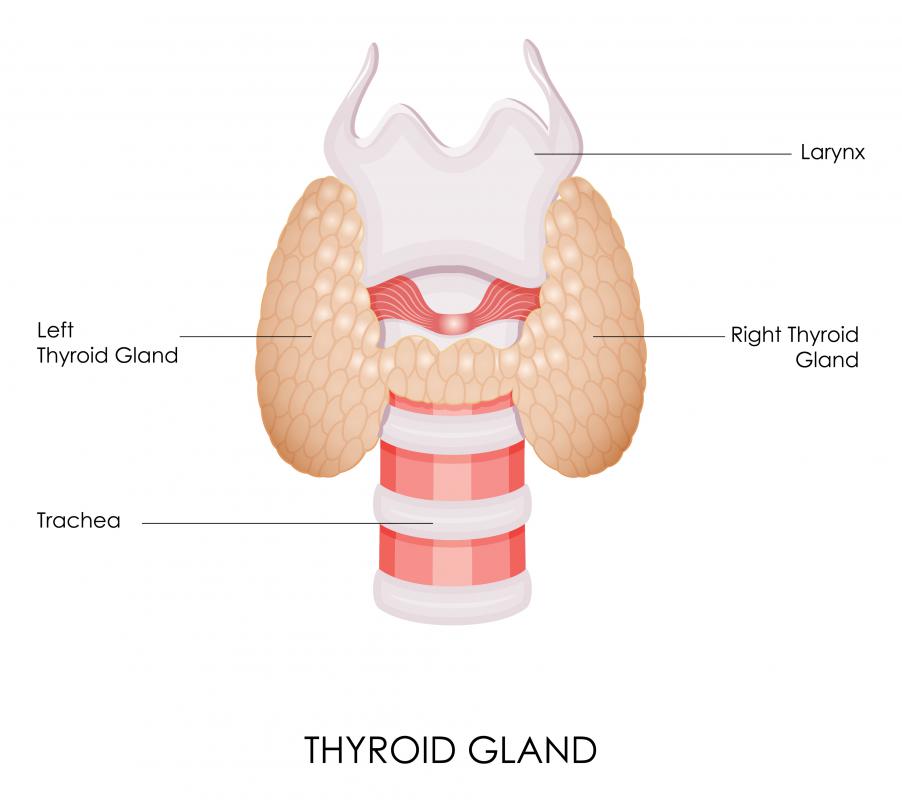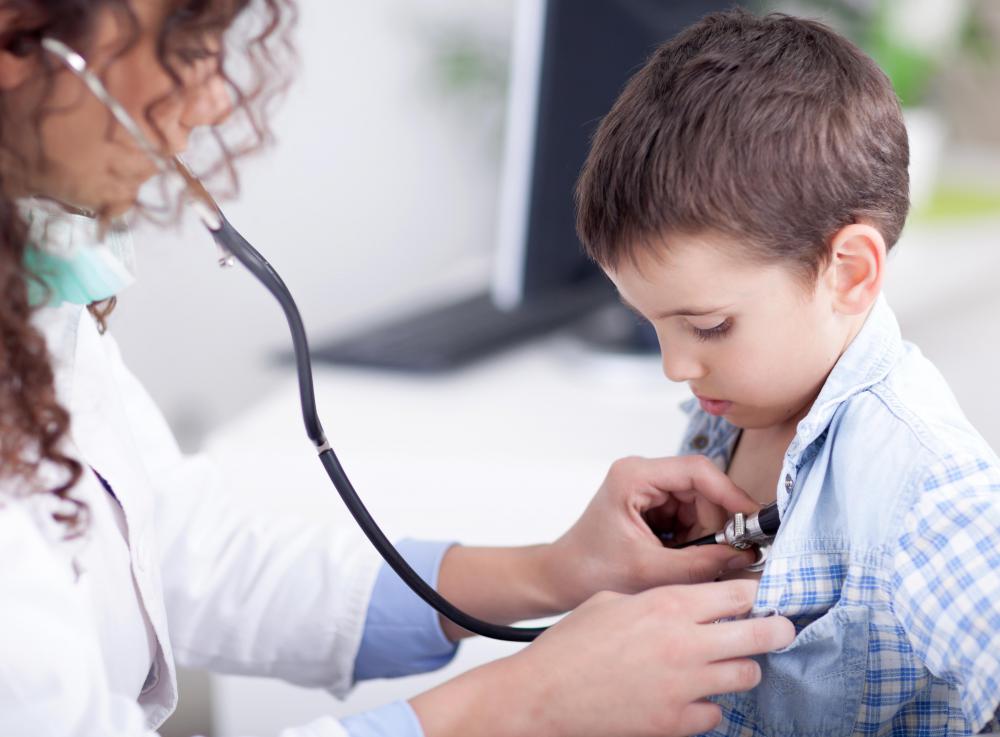At TheHealthBoard, we're committed to delivering accurate, trustworthy information. Our expert-authored content is rigorously fact-checked and sourced from credible authorities. Discover how we uphold the highest standards in providing you with reliable knowledge.
What is Carotenemia?
Carotenemia is a benign condition characterized by yellowing of the palms, soles of the feet, face, and other areas of skin. The condition occurs when an excess of carotene, a yellow pigment found in foods, builds up in the bloodstream. It is most commonly seen in infants whose diets consist of carotene-rich foods such as carrots, green and yellow vegetables, and milk. Carotenemia does not normally require medical treatment and the physical signs usually go away on their own with minor dietary changes. A baby who develops yellow-shaded skin should still be evaluated by a pediatrician, however, to rule out other possible causes.
Carotene, which is found in many plants and milk products, is a major source of dietary vitamin A. It is absorbed by the gastrointestinal tract and converted to usable vitamin A over time. When excess carotene overwhelms the small intestine, the pigment saturates the blood and skin. As a result, skin exhibits a light yellow to orange hue.

Carotenemia is almost always associated with diet, but it can occasionally be a sign of a more serious condition. Diabetes, hypothyroidism, and liver and kidney disease may alter carotene levels in the body and lead to physical symptoms. In addition, a genetic metabolic disorder that inhibits carotene-vitamin A conversion can produce chronic symptoms. People who notice signs of carotenemia on themselves or their children should consult with a doctor to make sure there are no underlying health problems.

A physician can usually diagnose carotenemia by evaluating the physical appearance of the skin and asking about dietary habits. Carotenemia can be differentiated from more serious skin conditions such as jaundice by its manifestation: it tends to affect only small areas of skin and never involves the eyes. If a patient has symptoms of fatigue, abdominal pain, or weight loss, blood tests are typically needed to check for other medical problems.

In most cases, doctors do not recommend treatment for carotenemia. Since the condition is a result of what is usually considered a healthy diet, a physician simply reassures the patient that it is harmless. If an individual is concerned about the physical appearance of herself or her child, the doctor can suggest moderating carotene-rich foods such as carrots, cucumbers, broccoli, sweet potatoes, and squash. Yellowing starts to disappear within the first two weeks of limiting such foods, and the skin typically returns to normal within about three months. If making dietary changes does not help, a follow-up visit with a doctor is needed.
AS FEATURED ON:
AS FEATURED ON:


















Discussion Comments
@babylove - The consumption of carrots and other carotenoids does not cause the eye whites to turn yellow. That's usually an indication of jaundice or other problems with the liver and should be checked out by a doctor right away.
I love raw carrots and probably eat them three or four times a week. I haven't noticed any yellowing of my skin, not yet anyway. But what I'm wondering is can eating too many raw carrots cause the whites of the eyes to turn yellow? I can cover up the hands and feet but the eyes are a different story.
@whitesand - It's my understanding that carotenoid supplements don't actually cause cancer, but as far as smokers go, they don't actually prevent it either. The best thing a smoker can do to prevent lung cancer is to just stop smoking.
The second best thing is to eat a whole combination of fresh fruits and vegetables daily as opposed to taking supplements. A good choice to start off with would be melons, peaches, tomatoes, dark leafy greens, and squash.
A friend of mine told me that smoking and beta carotene supplements causes lung cancer. Her theory is that smoking increases free radicals from beta carotene as opposed to helping to control them.
I've always been told that they're beneficial for preventing heart and lung diseases. I'm a smoker and I've been taking carotenoid supplements for years. Is there any truth to her theory?
Post your comments